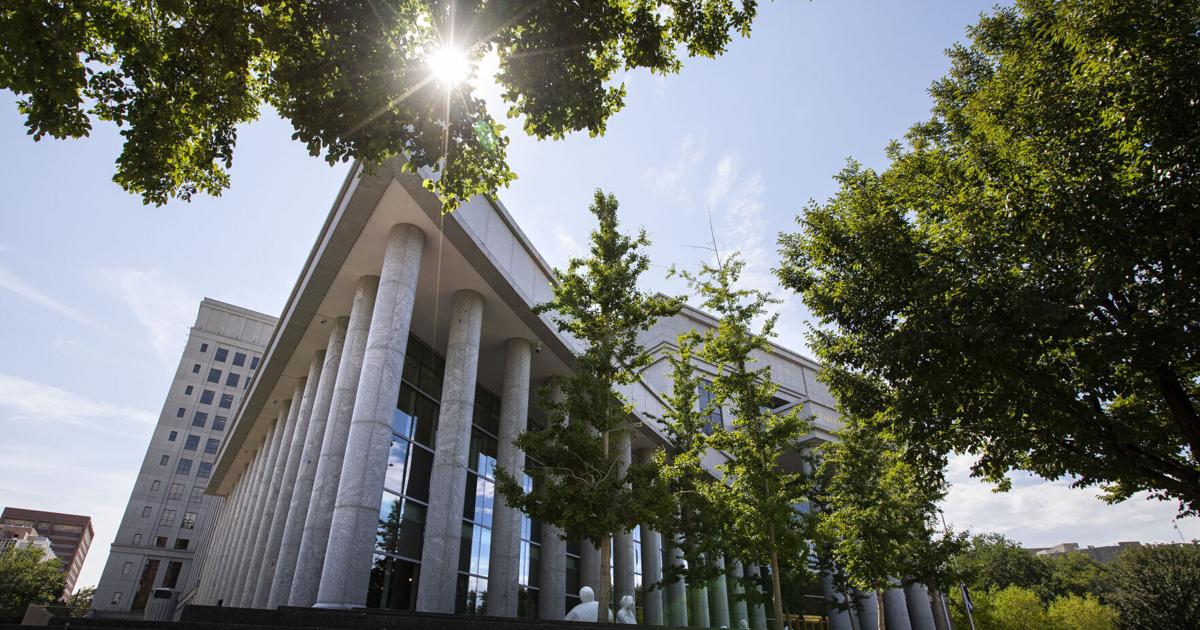
Colorado’s second-highest court on Thursday warned trial judges to be explicit about extending the legal deadline for ordering defendants to recompense their victims, distancing themselves from a recent ruling suggesting clear-cut findings are sometimes unnecessary.
The Court of Appeals has repeatedly criticized justices’ restitution orders from the Colorado Supreme Court ruled at the end of 2021 that the typical practice of seeking and awarding compensation to victims of crime was inconsistent with state law.
In Colorado, when a convicted defendant is required to pay compensation, prosecutors generally must provide the requested amount as soon as possible or within 91 days of conviction. Similarly, judges must generally impose the amount of restitution within 91 days of conviction. If judges must extend their time to rule, they must find a “good cause” exists.
In People versus weeksthat the Supreme Court ruled in November 2021, the justices noted that a lackadaisical approach had developed in trial courts that had failed to meet the clear deadlines and requirements of the law.
“(B)on the plain and plain meaning of words and phrases,” Judge Carlos A. Samour Jr. specified in the court’s opinion, “any finding of valid reason must be made expressly and before the expiry of the court’s time limit.”
In the case of Jessica Jo Roberson in Weld County, that didn’t happen.
Roberson pleaded guilty to stealing from her employer and Chief Justice Julie Hoskins sentenced her on June 25, 2020. Although the Supreme Court won’t decide weeks for more than a year, the Court of Appeal made its own decision in the weeks case three months before Hoskins was sentenced – telling judges they had to find good cause within the 91-day deadline.
The prosecution quickly offered his restitution amount of $62,241. In mid-August, Hoskins held a conference with Roberson and the government, where the defense requested more information. Hoskins continued to set up more hearings, crossing the 91-day threshold, as the prosecution revised its restitution request.
In September 2021, 446 days after Roberson’s conviction, the defense argued that Hoskins had no authority whatsoever to order restitution.
“The Court can, and does, find a good reason for not making the restitution order based on the objection and the need to set it for a hearing,” Hoskins replied.
She eventually ordered Roberson to pay her victim nearly $60,000.
After Roberson appealed, the government argued that she had agreed to hold restitution hearings outside of the 91-day deadline, contributing to the late restitution ordered. But a three-judge panel at the Court of Appeals saw things differently.
“Defense counsel requested more information from the prosecution but did not ask for more time or ask that the court schedule a hearing beyond the legal time limit,” Judge Jaclyn Casey Brown wrote. in the panel opinion of 20 July.
She threaded the needle between two other recent appeals court rulings. At the beginning of Junea panel ruled that a defendant waived his right to challenge a restitution order because he specifically requested a hearing outside the 91-day window. At the end of Maya different panel determined that a judge’s standard procedure of extending the deadline if a defendant objects constitutes good cause.
However, Brown said the panel analyzing Roberson’s case expected more formality when a trial judge decides there is just cause for an extension.
While a defendant’s objection to an amount of restitution may provide good cause, she wrote, “to the extent … that the mere setting of a defendant’s objection deadline or a restitution hearing beyond ninety-one days is itself an express finding of good cause, we disagree.”
Because Hoskins failed to find cause within the 91-day period to extend its restitution order, the panel reversed the order. Another Court of Appeals panel last week found Hoskins also wrongfully exceeded the time limit for a defendant convicted of attempted murder and set aside his restitution order in that case.
The case is People c. Roberson.



